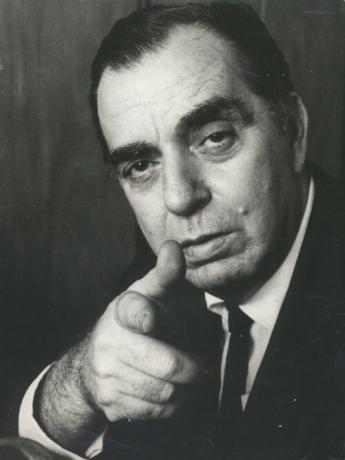Careers and work commitments have come to assume an even greater role in people's lives. In some cases, we end up neglecting other aspects of our lives, which is not healthy at all. Even geniuses like bill Gates point to the importance of a good balance between personal and professional life.

see more
Is it better to eat boiled eggs for lunch or dinner? Find out here
With me-no-one-can: Meet the plant capable of warding off evil eyes
We separate 5 advice from the billionaire to have a life beyond work.
Be thirsty for knowledge
The founder of Microsoft underscored the importance of lifelong learning. It's a very important tip for anyone fresh out of college, as even he admitted to thinking he knew everything in his college years.
However, the truth is that learning can come from many other people who are experts in their field, which can help you solve problems you couldn't solve on your own.
Work on something that solves a problem
The billionaire also recommends looking for activities that solve problems in a practical way, especially in a scenario of so many advances in industry and science.
Gates points out that having a purpose in these areas is an even greater motivator for this generation, since when you take the time to solve a big challenge, you become even more energized by your work.
Cherish the friendships
Friendships can play a key role in your professional journey, not only because of the networking you build, but also because of the entire support network that we have come to rely on.
For this reason, college classmates need to be valued, as they could be future partners in the job market.
rest is important
According to Bill Gates, this is the advice he most wishes he had heard earlier. This is because he believed that taking time for himself was purely laziness, until he realized that there are more important things than work.
With that in mind, he began to value building healthier relationships, in addition to making himself available in difficult times for those in need.
Changes are normal
He also points to the pressure many students face in making career decisions. However, he also emphasizes that these decisions, as important as they seem, are not permanent.
In other words, it is natural to change the course of your life, either because you are dissatisfied with where you are, reinvent yourself as a professional or even dedicate yourself to philanthropy, as was your case.


